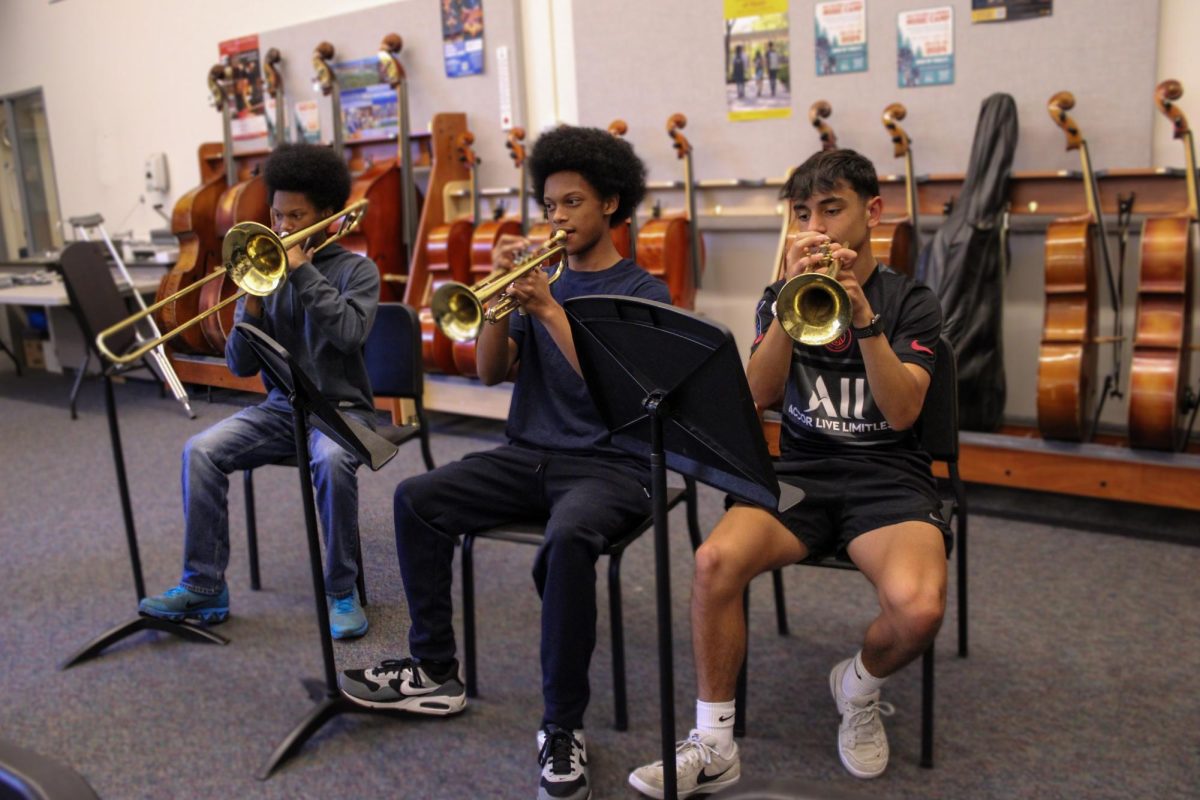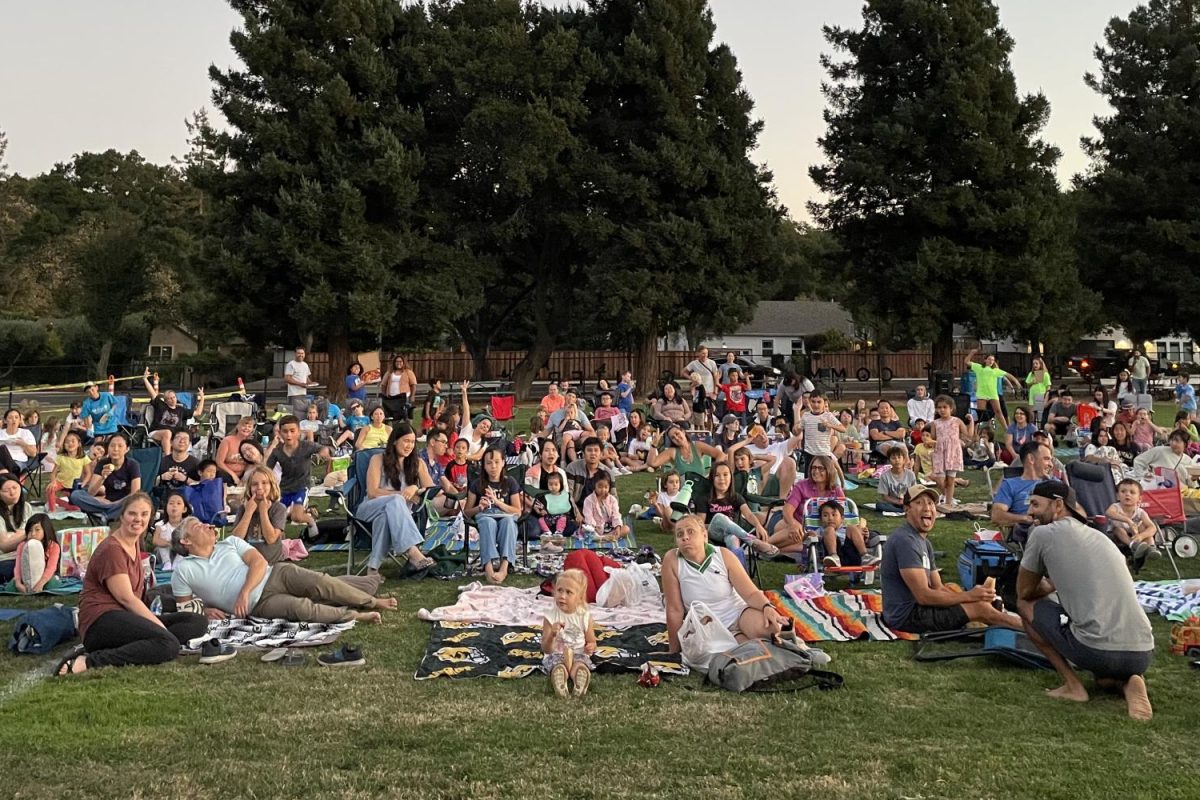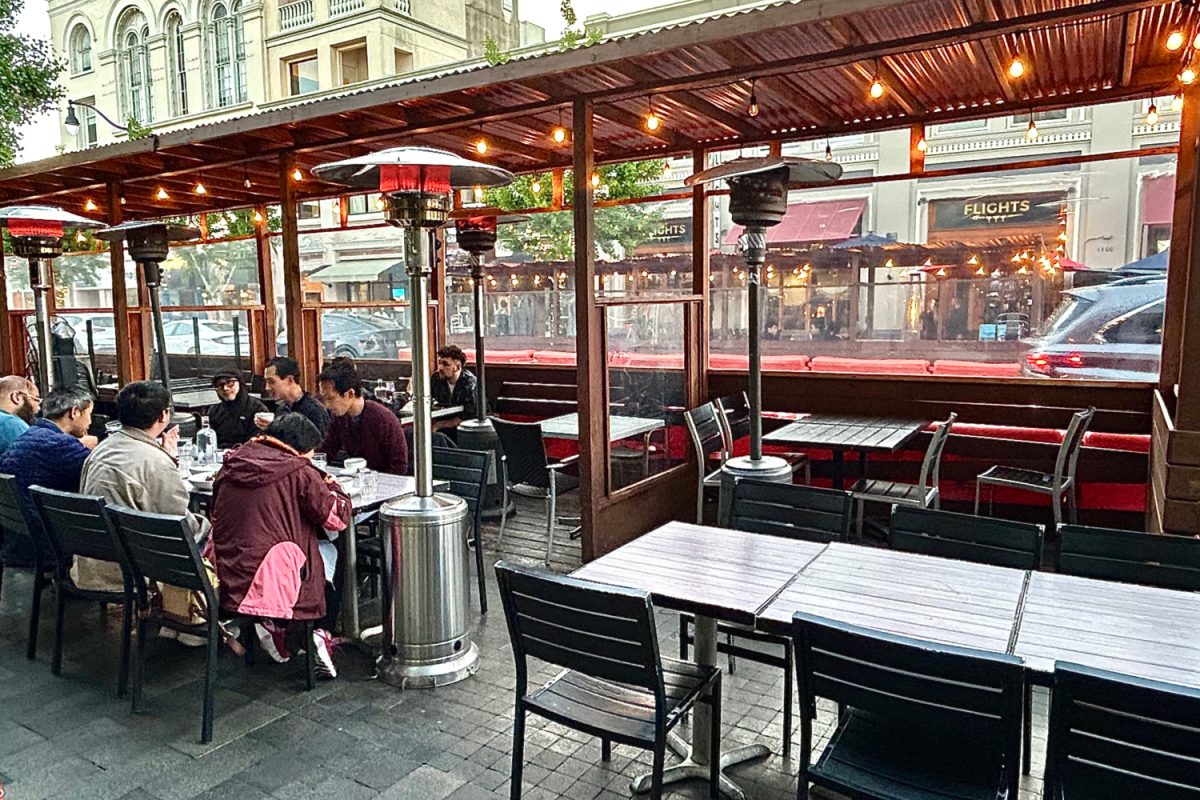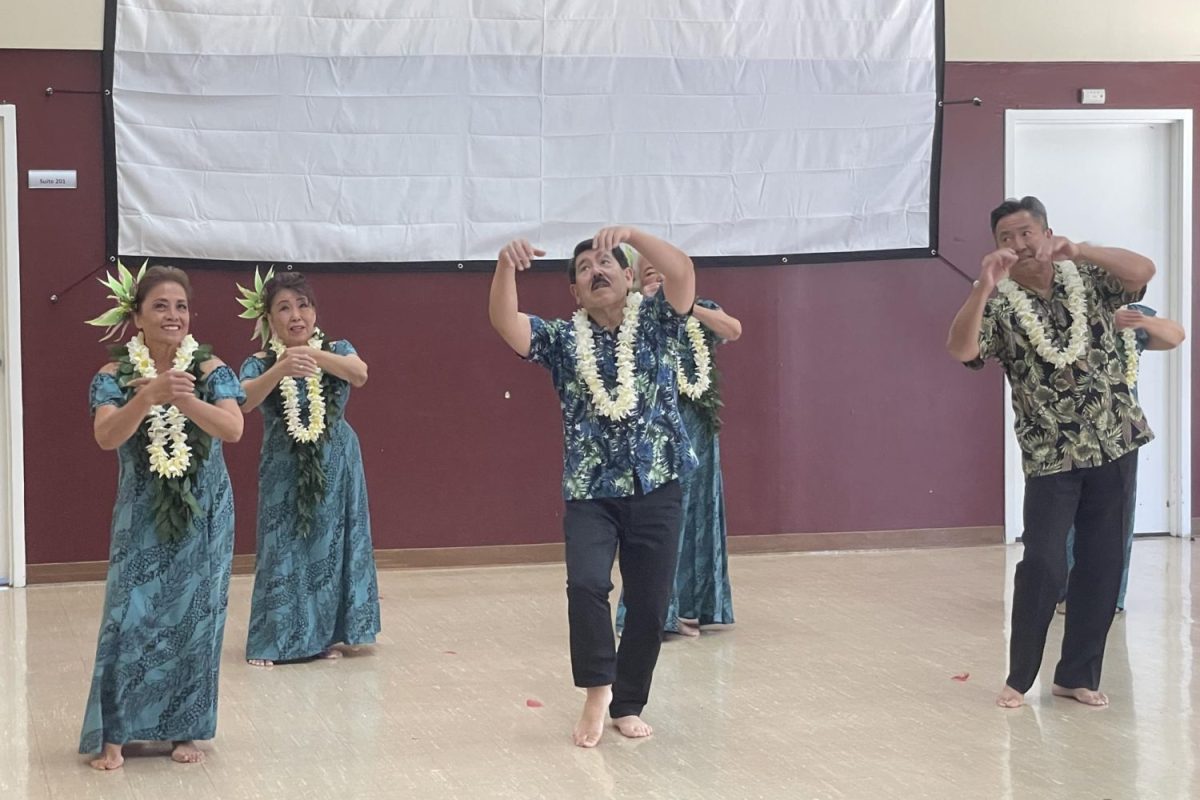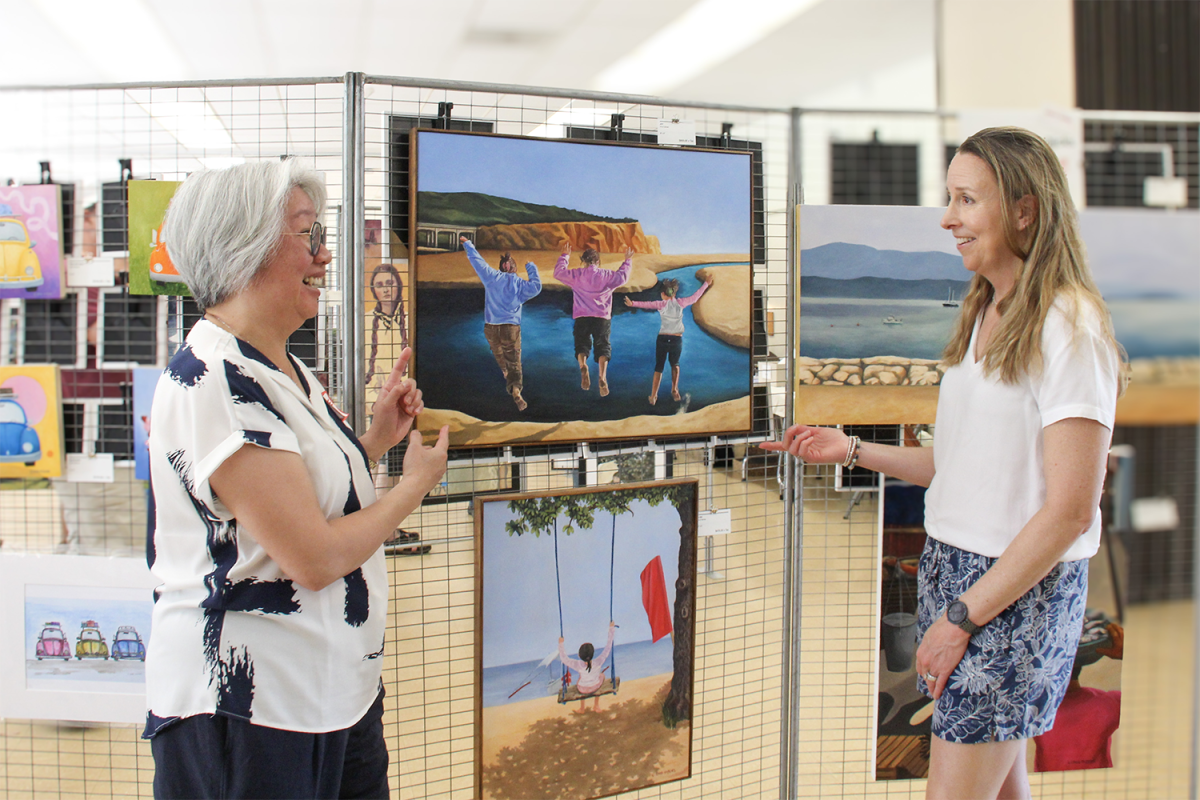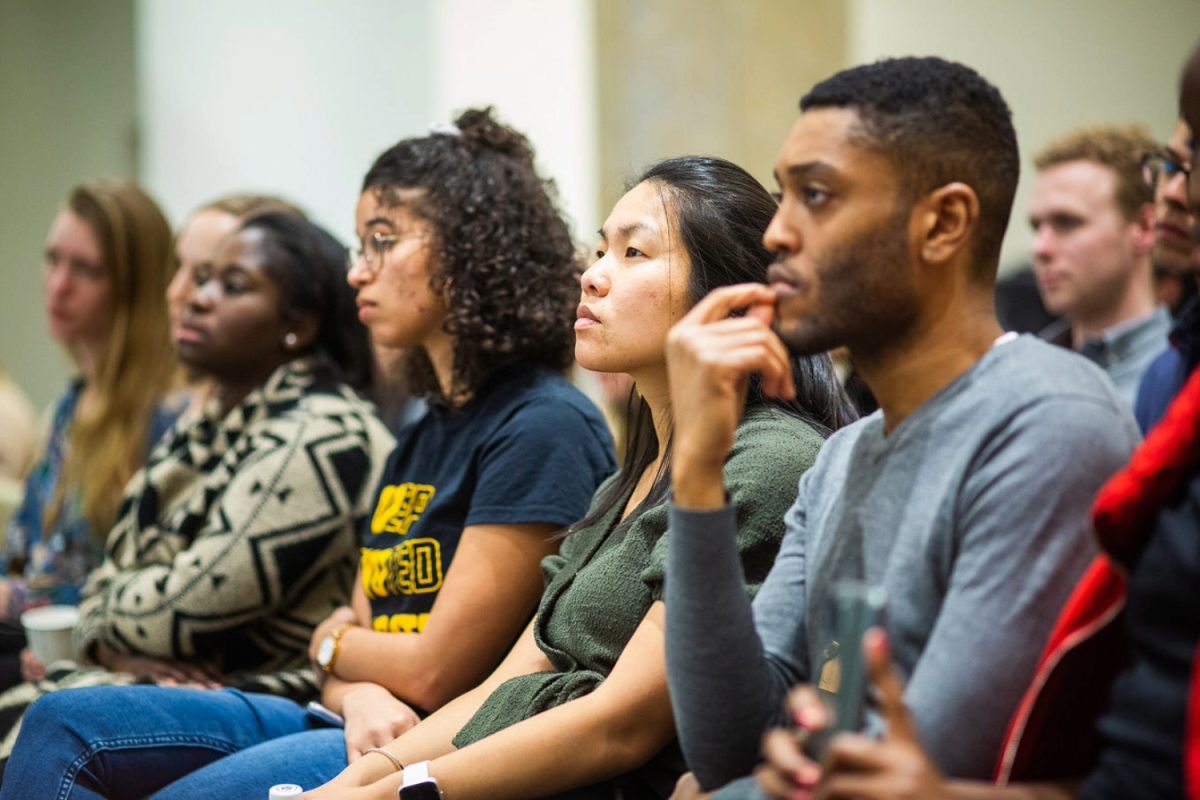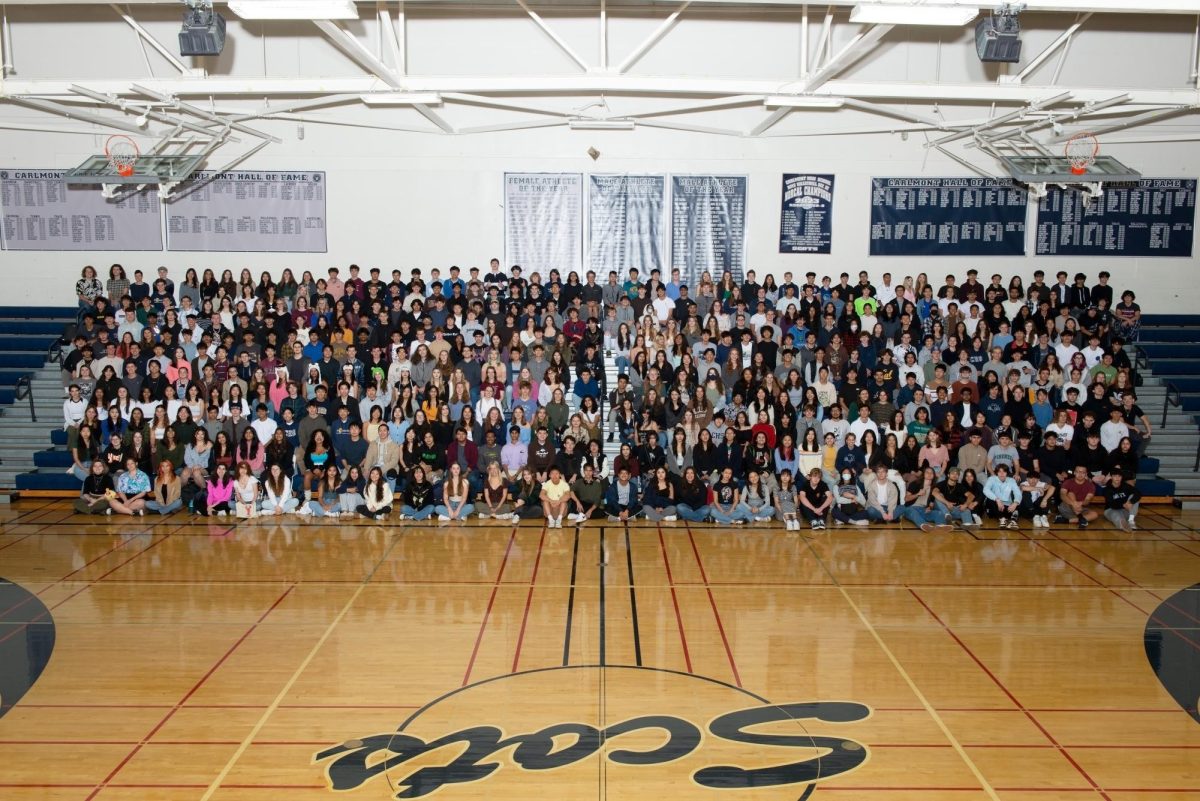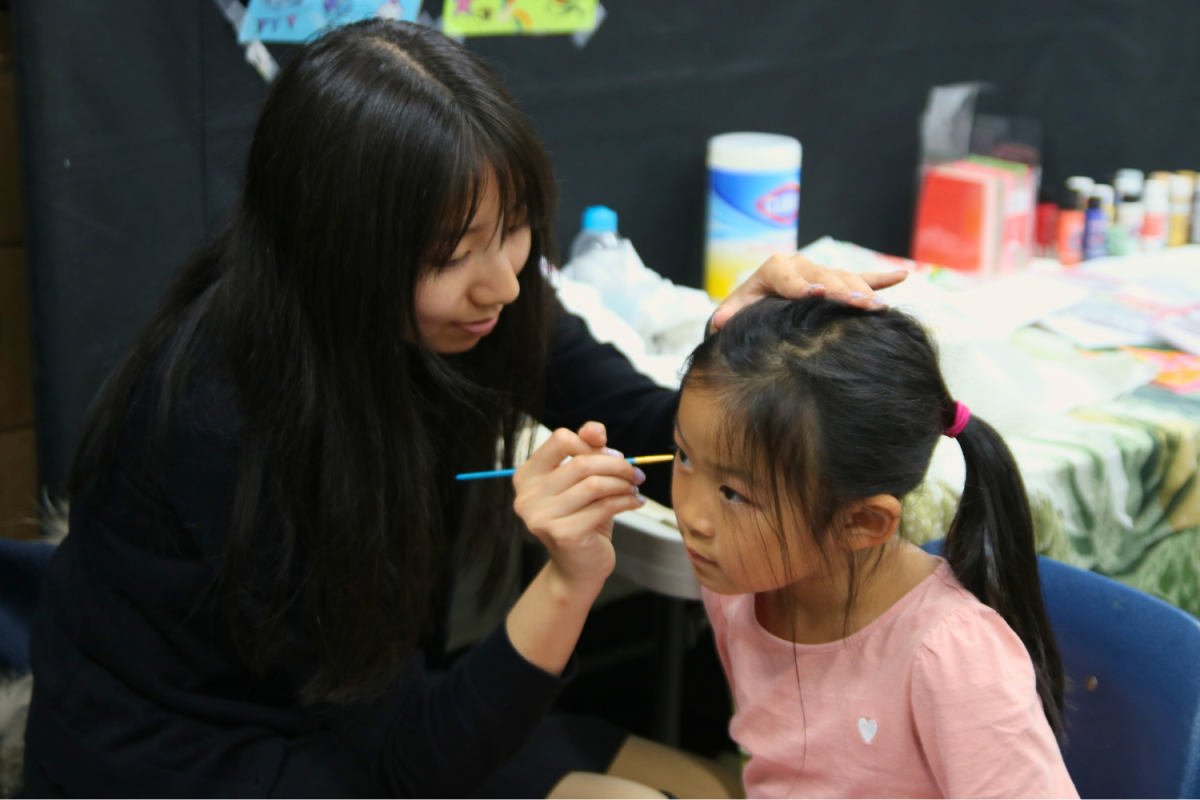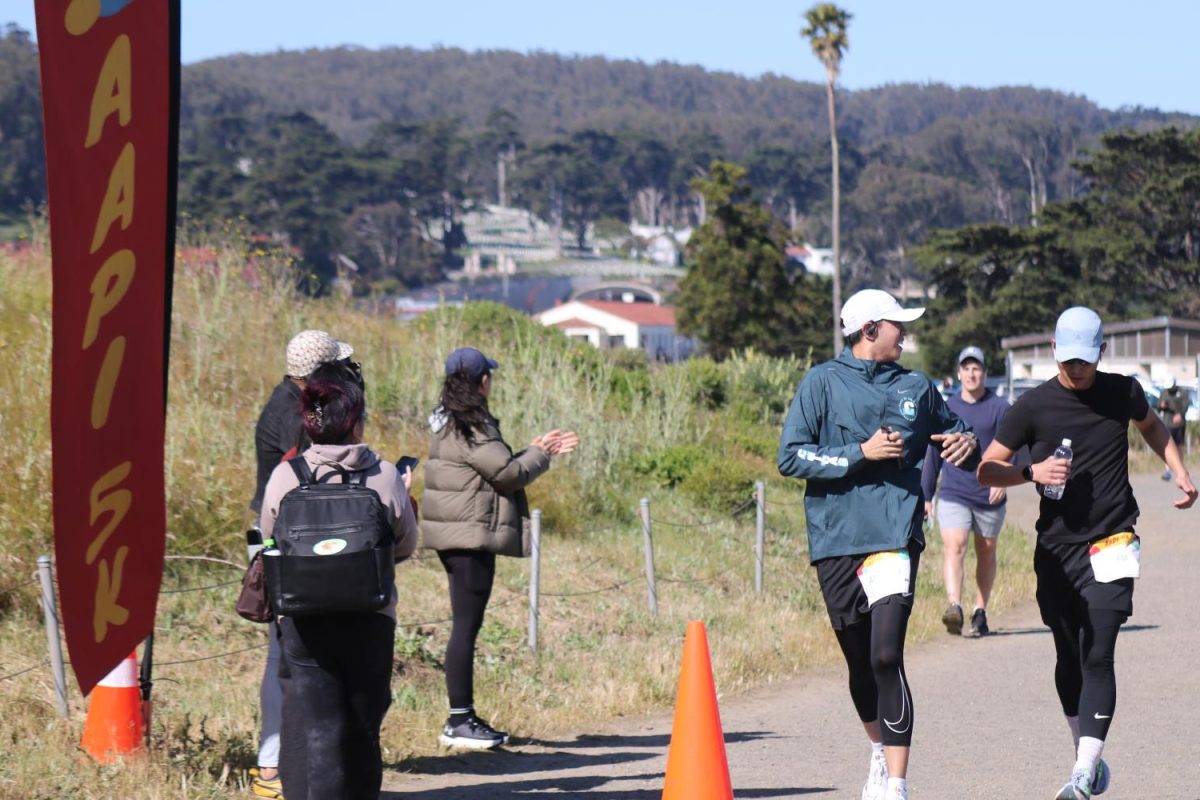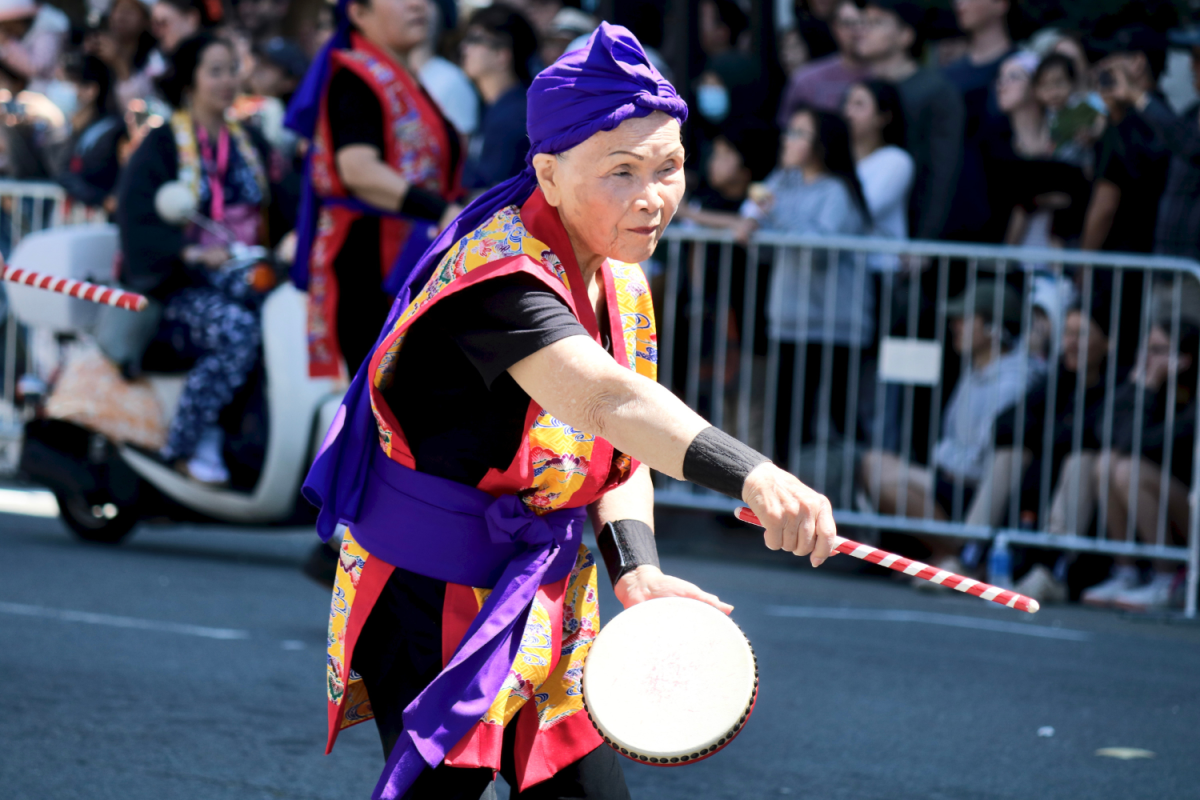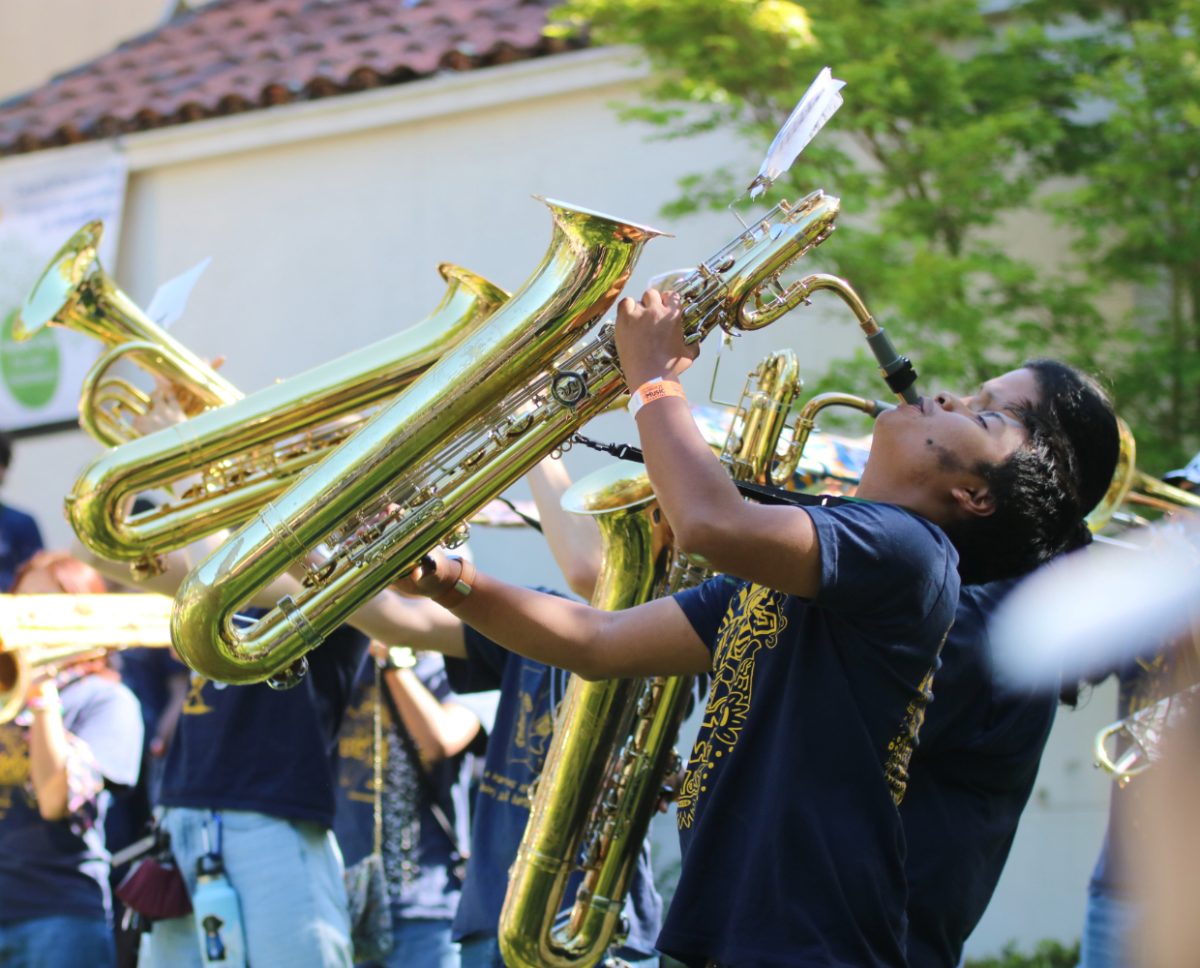Amidst the widespread protests last year, one request came out loud and strong: schools should implement an ethnic studies course into the curriculum.
California became the first state to respond. On Oct. 8, 2021, Governor Gavin Newsom signed into law Assembly Bill (AB) 101, which added the completion of a one-semester course in ethnic studies as a public high school graduation requirement to begin during the 2025-2026 school year.
“Ethnic studies courses enable students to learn their own stories and those of their classmates,” Newsom said in his signing message. “A number of studies have shown that these courses boost student achievement over the long run — especially among students of color.”
According to a Stanford study conducted in 2016, researchers found that students of all academic abilities and races who took an ethnic studies course made gains in grades, attendance, and graduation rates.
Aside from the gains in academic achievement, social studies teacher Karen Ramroth identified a more conceptual benefit of taking an ethnic studies course.
“My favorite part about ethnic studies is that it simply takes ‘traditional’ history and adds complexity to it by including more perspectives, more stories, and more opportunities for students to see themselves in the curriculum,” Ramroth said. “Ethnic studies is like adding more ‘pixels’ to history; you get more focus, more complexity, more color, and a clearer idea of what it is you’re looking at.”
Ramroth is actively involved in infusing voices from as many different cultures, races, and backgrounds as possible into her classes and the school curriculum. She was also on the committee that proposed Ethnic Studies as a graduation requirement to Carlmont’s school board last year.
“Students want it,” Ramroth said. “The push for a district-wide graduation requirement was being replicated and supported up and down the Peninsula by other local student groups like Coalition Z, Carlmont for Change, Reform Revolution Project, and local chapters of Diversify Our Narrative.”
Currently, Carlmont’s social studies department is piloting a new ethnic studies course that replaced freshmen’s original World Studies class. World Studies had focused on studying other regions of the world and focused on history, particularly the effects of imperialism, instead of current events. Now, content from World Studies would be combined with 10th grade Modern European History.
Ethnic studies tell our many stories — the histories, cultural experiences, and conflicts — in order to work together to build a future of understanding and empathy, free of racism and hate.
— Karen Ramroth
In contrast, Ethnic Studies examine identity, the history of different racial and ethnic groups, how institutions affect the citizens living in a society, and how people have worked to change and improve their communities. Students would also study some of the topics through the lens of gender, sexual orientation, religion, ability, or socioeconomic status.
“Students who take the class have a deeper understanding of inequality and injustice, as well as a deeper appreciation for the achievements and excellence of different people and groups in history,” Ramroth said. “Ethnic studies tell our many stories — the histories, cultural experiences, and conflicts — in order to work together to build a future of understanding and empathy, free of racism and hate.”
In high school, students transition into adulthood and generally gain more independence, becoming more aware of the realities of society. This change makes it the perfect time to expose them to various cultures and ethnic groups.
“It’s important for young people to understand this so that they can interact with people and the world around them in an informed, sensitive, and understanding manner,” said Elaine Jiang, a freshman.
Nonetheless, there has been controversy surrounding AB 101. Early drafts of a model ethnic studies curriculum have received pushback, criticized for promoting critical race theory.
Furthermore, while Newsom signed AB 1460, which mandated ethnic studies as a graduation requirement in the California State University system, he vetoed AB 331, a similar bill to AB 101 last year.
In California, we don’t tolerate our diversity. We celebrate it. That should be reflected in our high school curriculum.
— Gavin Newsom
“I expressed concern that the initial draft of the model curriculum was insufficiently balanced and inclusive and needed to be substantially amended,” Newsom said in his veto message. “In California, we don’t tolerate our diversity. We celebrate it. That should be reflected in our high school curriculum.”
The care put into designing a respectful and comprehensive ethnic studies curriculum is on reasonable grounds; topics involving the country’s racial history can be sensitive for some students. However, that did not prevent the eventual success of the bill.
“It’s not real progress towards destroying institutions of racism within our society if these conversations aren’t uncomfortable,” Jiang said. “I feel like we shouldn’t avoid these conversations to make people comfortable because then that destroys the whole point of the program, which is to educate people so that they can work to make progress in society.”
Although there is a tense history between ethnic groups, citizens should not disregard the knowledge and recognition of those oppressed communities.
“America is shaped by our shared history, much of it painful and etched with woeful injustice,” Newsom said. “Students deserve to see themselves in their studies, and they must understand our nation’s full history if we expect them to one day build a more just society.”




